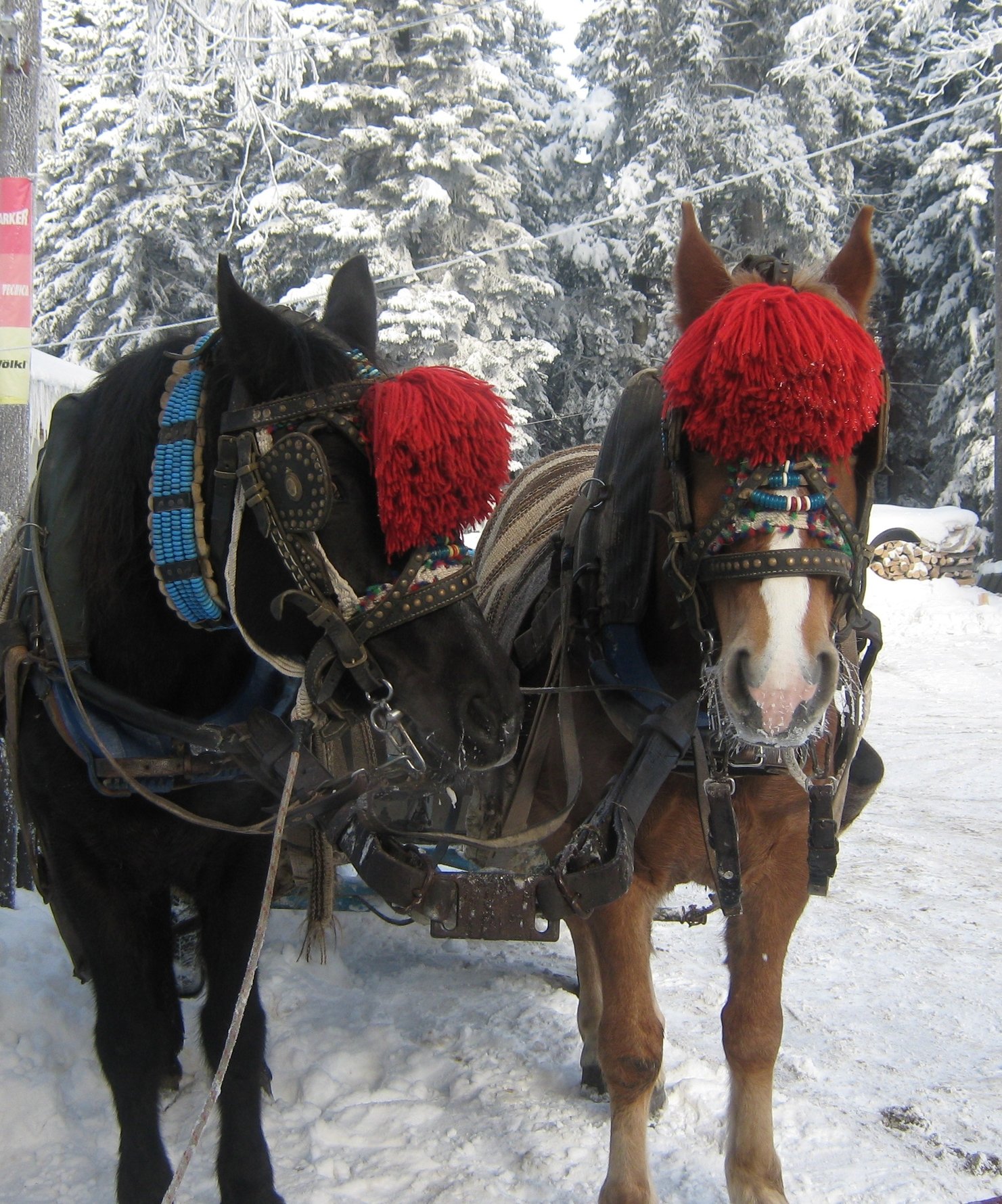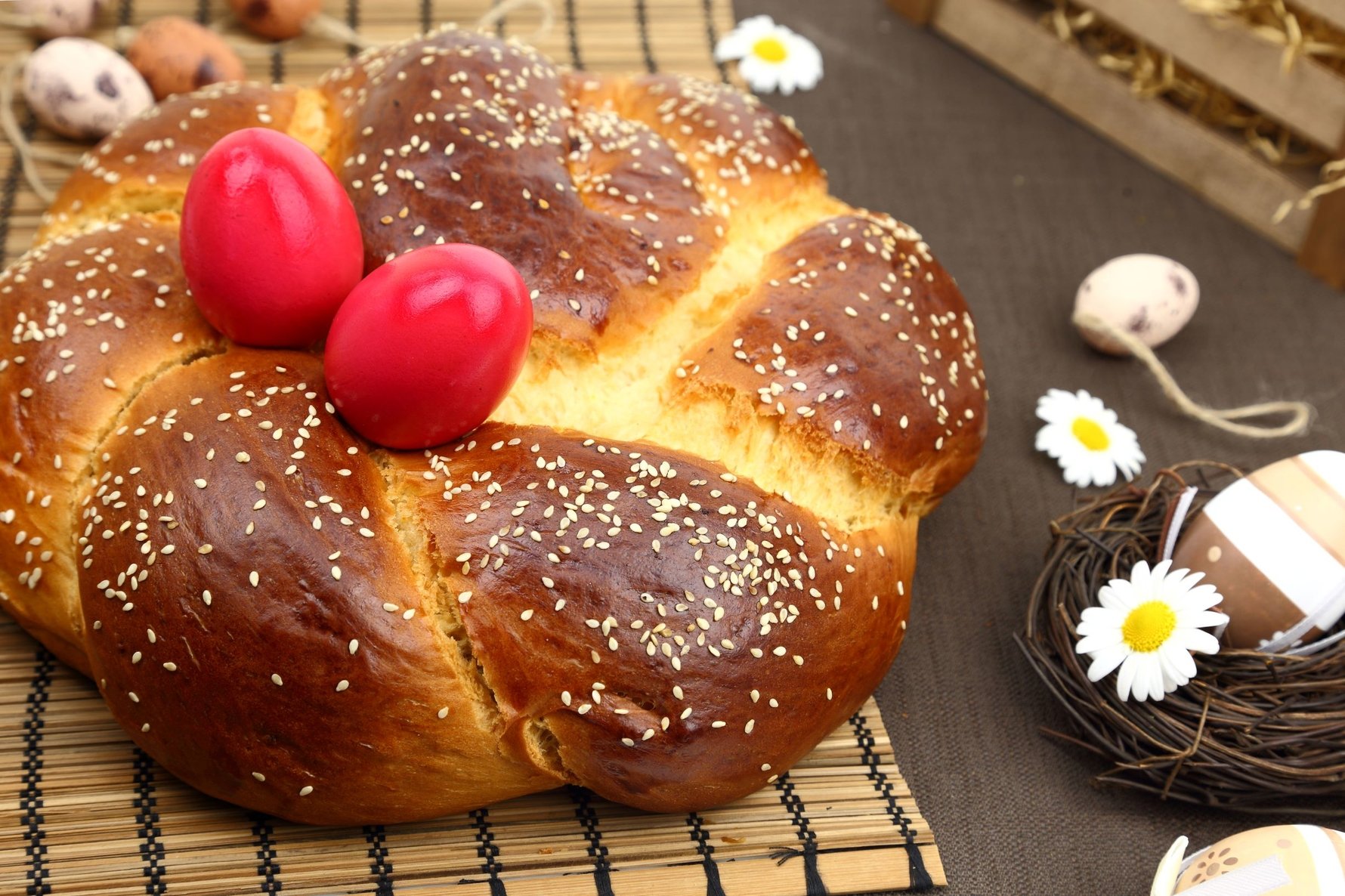Easter in Bulgaria is known as the ‘Velikden’ (Great Day) and it is by far the most significant religious holiday in the country. The dates for the Eastern Orthodox Easter vary from those of the Catholic church, sometimes by a week, occasionally by a month and sometimes they coincide. This year, Orthodox Easter is on 5th May over a month later than the Western Christian Easter.
In Bulgaria, the run up to Easter is marked by several significant holidays, namely:
Sirni Zagovezni
The Sunday seven weeks prior to Easter sees the beginning of the longest fasting (meat and dairy free) period in the Bulgarian Calendar. On this day the younger generation ask for forgiveness from the older generation and in the evening huge bonfires are lit in the village squares.

Todorovden
Celebrated 43 days before Easter, always on a Saturday. It is the name day of all whose names are derived from Theodor. You may well come across crowds gathered in village fields to watch young men racing on horses or horse carts. The farm horses are groomed and decorated with red pompoms on this day, which is why it is also known as Horse Easter.
Lazarovden
Always celebrated on the Saturday, a week before Easter this is a ‘coming of age’ celebration for young girls known as Lazarki. The maidens are dressed in colourful traditional costumes, with wreaths of flowers in their hair, singing and dancing as they go from home to home. All girls planning to get married that year must take part in this ritual.
Tsvetnitsa
The name day for all who are named after flowers and trees, this is also the Orthodox Palm Sunday. Most people go to church on this day, buying some willow twigs on the way, which are blessed and then tied to the entrance of the home as a proclamation of faith in the resurrection of Christ and also for good
health. In rural areas Lazarki rituals continue.

Velikden - Easter
Starting with Palm Sunday, the Holy Week leads up to the Great Day. The traditional Easter eggs should be prepared on Maundy Thursday or on the Saturday. Superstition does not allow the eggs to be painted on Good Friday. At midnight on Saturday, people will go to church with their red (symbolic of the blood
of Christ) painted egg. The priest will proclaim three times “Christos voskrese” (Christ has risen) and the congregation replies “Vo istina voskrese” (Indeed he has risen) and knock their eggs together with their neighbour. They then light a candle and return to their homes. This also marks the end of the fast.
Easter eggs are of great symbolic importance.
They represent the beginning of all life. According to tradition the first egg to be painted must be red. The housewife can then use this egg to rub the forehead and cheeks of her children for good health, saying: “May you be healthy, white and red!”. This egg is then kept in the home beside an icon till the following
Easter.
A basket of eggs on the dining table is obligatory in every home over Easter along with the special Easter bread, more commonly referred to as Kozunak (a sweetish bread cake made from yeast dough). Family, neighbours and friends greet each other with the ‘Christ has risen’ greeting and exchange eggs and bread. For many Bulgarians Easter Sunday marks the end of their vegetarian diet. As the family gathers around the table each member selects an egg, which is then knocked together with the others to find the victor, i.e. the strongest egg.





Comments